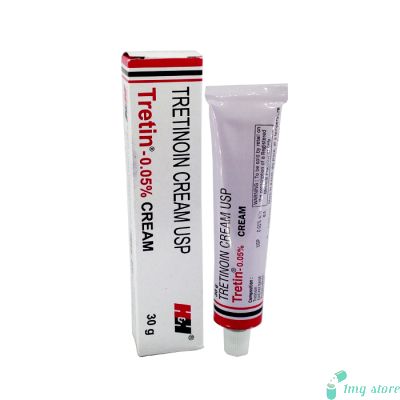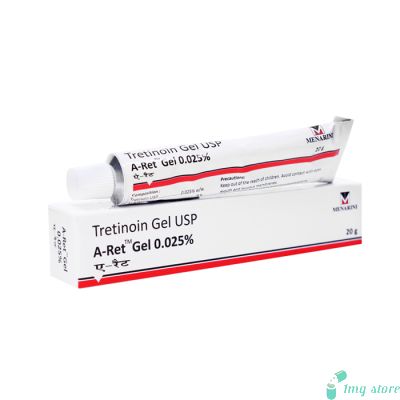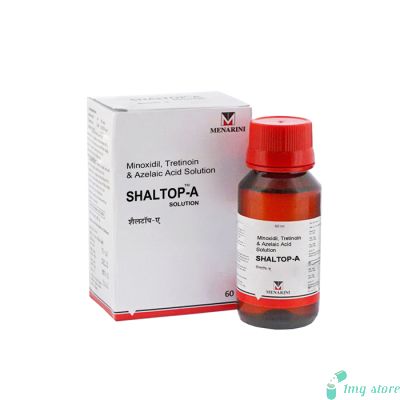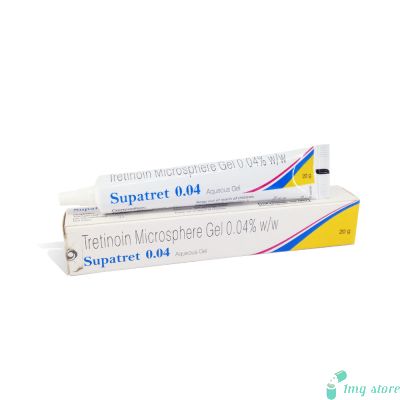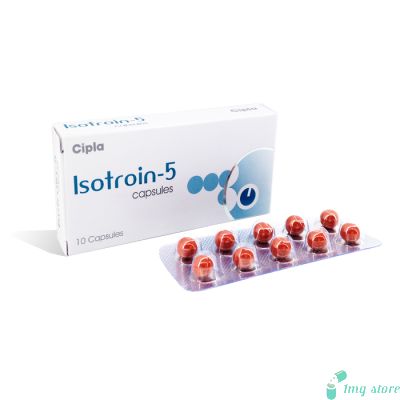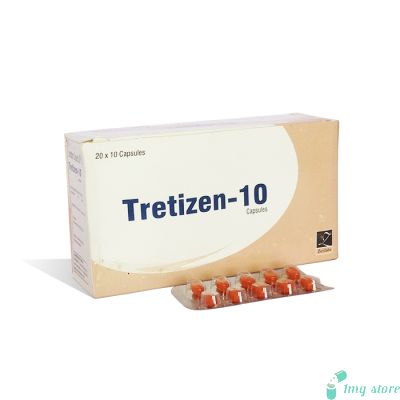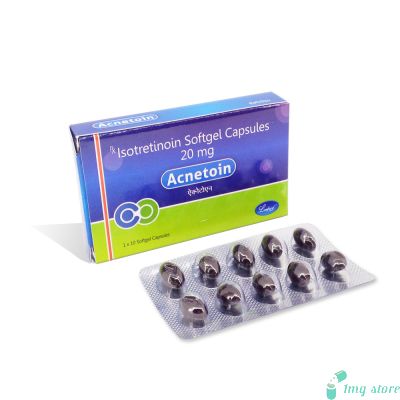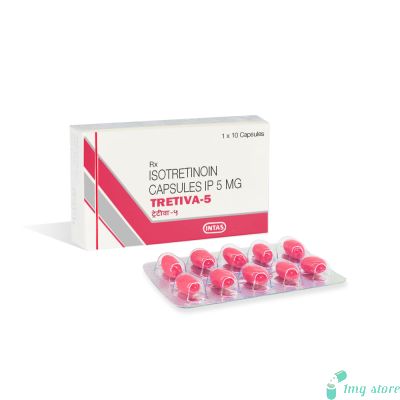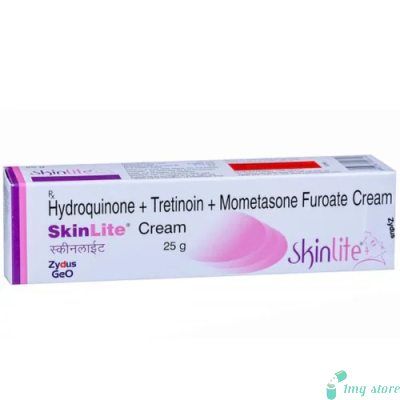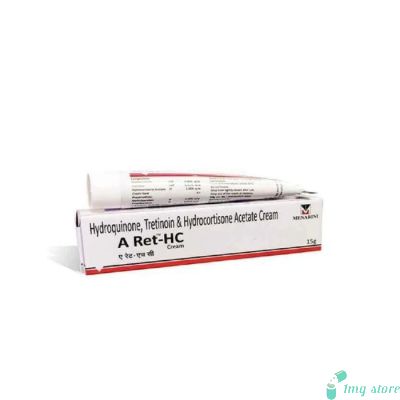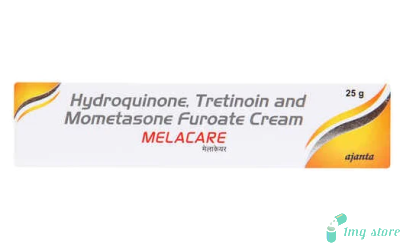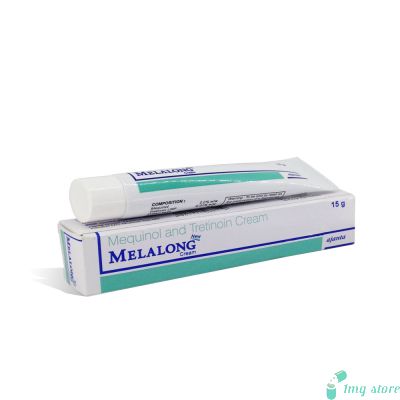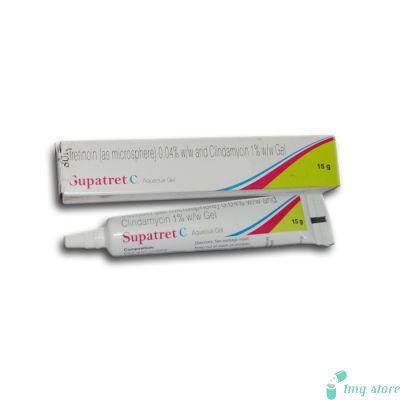Tretiheal Cream (Tretinoin)
Tretiheal is a prescription based topical medication that contains Tretinoin, a Vitamin A derivative that manages skin issues such as acne, pimples, hyperpigmentation and signs of ageing such as wrinkles. It works by increasing cell turnover and promoting collagen.
Tretiheal (Tretinoin cream) is available in various strengths: 0.025%, 0.05% & 0.1%.
| Salt Composition | Tretinoin |
| USA Brand Equivalent | Retin-A |
| Strength | 0.025%, 0.05%, 0.1% |
| Generic Name | Tretinoin |
| Manufacturer | Healing Pharma India Pvt Ltd. |
What is Tretinoin Cream?
Tretinoin Cream is a topical treatment for acne and several other skin disorders, as per dermatologists’ trials. It is a Vitamin A ester that can increase the rate of skin cell shedding, thus improving the texture of the skin.
Benefits of Tretinoin cream:
- Reduces acne.
- Improves skin texture.
- Enhances skin radiance.
Quick Reference Guide:
| Side Effects | Precautions | Interactions |
| Burning, stinging | Exposure to sunlight | Benzoyl peroxide |
| Peeling, redness | Breastfeeding and Pregnancy | Glycolic acid, Salicylic acid |
Precautions:
Before using the cream, consider the following precautions:
- Allergies: Consult your doctor about any allergies or skin conditions you may have.
- Pregnancy or breastfeeding: Tretinoin is not recommended to women who are pregnant or nursing as the medicine may expose to the potential risks to the baby.
- Sunlight exposure: Tretiheal contains an active ingredient- Tretinoin, which is a powerful Retinoid. Retinoids makes skin sensitive to sun. Therefore, it is better to avoid or minimise sunlight exposure.
Note: Always were a SPF 50+ sunscreen to protect your skin from UV rays.
Usage
- Acne treatment
- Skin rejuvenation and anti-aging
- Reduction of hyperpigmentation
- Repairing sun damage
- Treatment of keratosis pilaris
- Enhanced absorption of other skincare products
It's important to consult a healthcare professional or dermatologist for personalized advice and guidance regarding the use of Tretinoin 0.1 cream or Retin-A.
Side Effects
Common side effects:
- Skin Irritation
- Peeling and Flaking
- Sensitivity
- Purging
Less common with long term effects:
- Pigmentation Changes
- Edema
- Blistering or Crusting
Severe side effects:
- Severe Reactions such as deep blistering, severe swelling, or intense pain at the application site.
- Allergic Reaction such as Hives, itching, or swelling of the face, lips, tongue, or throat.
- Eye and Mucous Membrane Irritation. Severe inflammation if the cream accidentally enters the eyes, mouth, or nose
FAQ’s
Q. What is Tretiheal (Tretinoin) used for?
A. Tretiheal is a prescription-strength topical retinoid primarily used for treting acne and reversing signs of photoaging. It accelerates cellular turnover, which helps to unclog pores, smooth fine lines, and reduce hyperpigmentation from sun damage.
Q. How long does it take to see anti-aging results with Tretiheal?
A. Significant results can be seen after consistent use for 3 to 6 months. Some users may also notice improved skin texture within 2–4 weeks Clinical studies show that maximal benefits for photoaging are often reached after 12 to 24 months of regular application.
Q. Is Tretiheal safe for sensitive skin or first-time users?
A. Yes. However, it requires a "slow-start" approach. To avoid the common tretinoin side effects, beginners should start with a lower concentration (like 0.025%). Apply 2–3 nights per week, gradually increase frequency as the skin builds tolerance.
Q. Can I use Tretiheal with other active ingredients?
A. Combining tretinoin with harsh exfoliants like glycolic acid (AHAs) or salicylic acid (BHAs) increases the risk of skin barrier damage and irritation. It is recommended to use Vitamin C in the morning and Tretiheal at night to maximize efficacy without over-sensitizing the skin.
Q. Who should avoid it?
A. Tretinoin should not be used if you are pregnant, planning to become pregnant, or breastfeeding due to potential risks to the fetus. People with active eczema or a fish allergy (depending on the formulation) should consult a doctor before use
Interactions
There are medications and cosmetic products that may interact with Tretinoin:
Other Acne / Topical Skin Treatments:
-
Benzoyl peroxide
-
Salicylic acid
-
Azelaic acid
-
Antibiotic creams (e.g., clindamycin, erythromycin)
-
Sulfur-based products
-
Resorcinol-containing products
Consult your doctor. If both pewscribed, your doctor may suggest to use both medicines at different times (Benzoyl peroxide in the morning and Tretinoin at night).
Skin drying products:
The following products can worsen irritation, redness, peeling and burning-
-
Harsh soaps or chemical based cleansers
-
Alcohol-based toners or astringents
-
Chemical exfoliants / peels
-
Scrubs or abrasive treatments
-
Fragranced cosmetic products
Other Retinoids / Vitamin A Products:
Avoid using Tretiheal Cream together with:
-
Oral isotretinoin (Accutane)
-
Other topical retinoids (adapalene, tazarotene, retinol creams)
Using multiple Vitamin A–based products may cause excess irritation or Vitamin A toxicity (if oral retinoids are used).
Other interactions includes oil and chemical cosmatic prosucts, Photosensitizing Medicines such as Thyroid medicines or oral acne medicines.
Avoid:
- Tanning beds / Sun lamps
- Excessive sunlight exposure
- Waxing
- Lazer treatment
- Applying on broken or sunburnt skin
| Manufacturer | : | Healing Pharma |
| Equivalent Brand | : | Retin-A |
| Generic Search | : | Tretinoin |









